Exhibition carpet as an eye-catcher
A blooming landscape in the middle of your neighbor's stand. How can that be? Either the exhibition stand floor has been elaborately laminated or the...
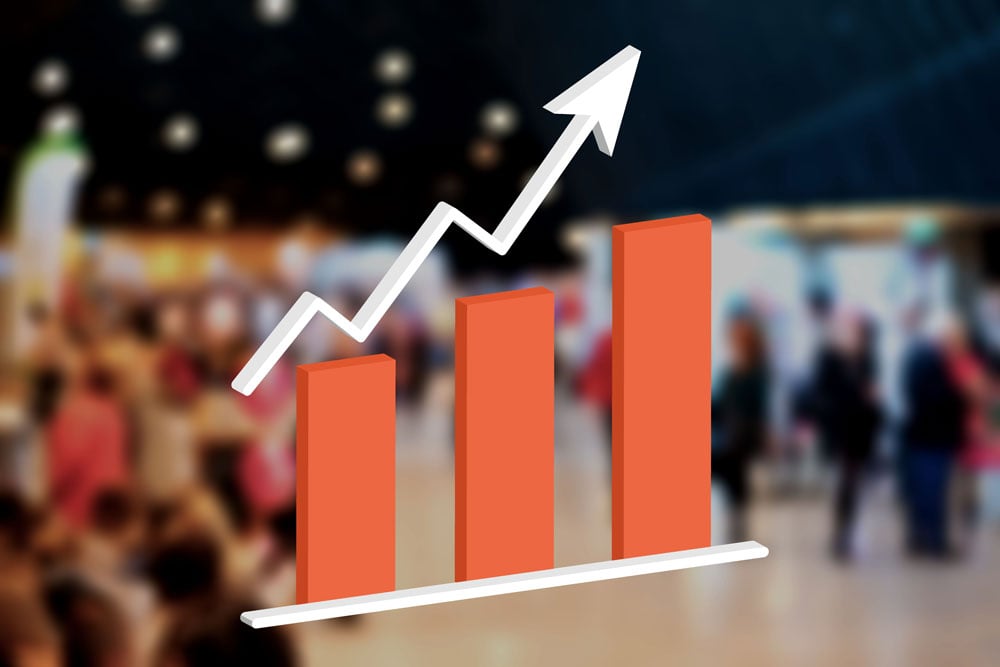
4 days, 187,750 trade fair visitors, 987 exhibitors
Question 1: How many visitors came to your stand?
Question 2: How long did the visitors stay at your stand?
Question 3: What did the visitors do at your stand?
You will probably decide for yourself whether the trade fair was satisfactory or not based on the leads you collected. But doesn't it make a difference whether there were 5,000 people at your stand and you collected 150 leads or 15,000 stand visitors?
Most people know Google Analytics. The analysis tool for websites and online marketing. Many use it sporadically and other companies have employees who do nothing else all day but use Google Analytics to derive appropriate recommendations for action for greater success. This means constant optimization of the website and online marketing. It doesn't matter whether it's an online store or a website that presents your company.
The marketing of a trade fair presence is classified as BTL marketing (below-the-line marketing) and is therefore dedicated to a specific target group. This makes it all the more important to analyze the event in BTL marketing. But are you already familiar with Google Analytics for trade fair construction or events? Perhaps you already use it? What optimization options have you already identified and implemented?
Google Analytics is a tool that obtains all data from the Internet. It will therefore be of little use to you at a live trade fair. But there is a corresponding solution that reliably measures visitor numbers at your stand. With the help of sensors and corresponding analysis software. The sensors are installed at strategically valuable positions on your trade fair stand and collect data in real time. These sensors measure the behavior of your trade fair stand visitors in compliance with GDPR. So not just how many visitors were at your stand, but actually the behavior:
Which area of the stand did visitors spend the most time in?
How long did they stay there?
Which exhibit was best received?
Is it still worthwhile for us to exhibit at the trade fair?
Which day and time are particularly popular with visitors?
In principle, everything that is important for you and your next trade fair appearance in order to derive or optimize recommendations for action for your next trade fair appearance.
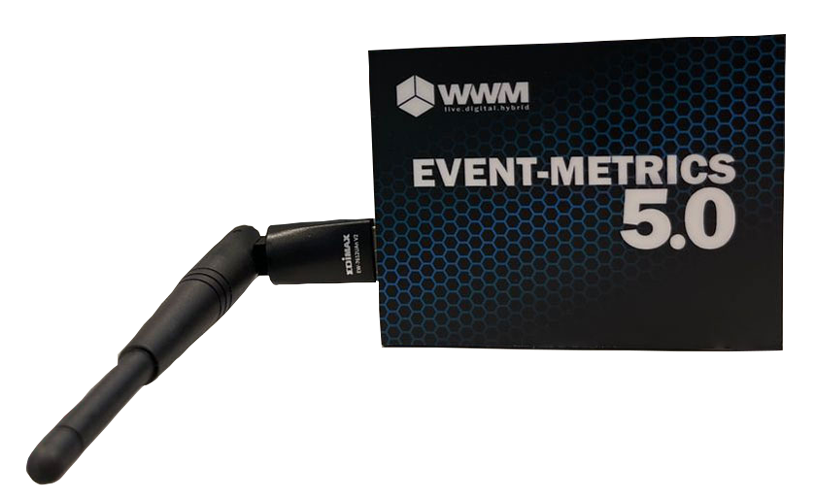
„Ich sehe doch wie viele Besucher an meinem Stand waren und wie viele Kontakte ich geknüpft habe. So einen “I can see how many visitors were at my stand and how many contacts I made. I don't need that kind of analysis nonsense!”, you might say. But in the heat of the moment, it will be difficult to keep track. While you yourself are in a consultation, you want to keep a tally sheet, keep track of time, see who is looking at which exhibit and for how long, how many contacts have been made, and so on.
Even the most brilliant organizational talent will find it difficult to keep track and record all the key figures in real time. The focus should be on the trade fair visitors who are interested in your stand.
“Then there's the cost of the analysis! I'll save myself the money.” Please don't make the mistake of only looking at the costs. There is a clear benefit behind your trade fair presence. In addition to presenting your company and your products or services, you naturally also want to make contacts and gain new customers. You therefore need to ask yourself these 2 questions:
Analyzing these key figures and optimizing your trade fair presence based on the results from trade fair to trade fair can be the decisive factor in being more successful than your competitors later on.
"Event metrics is the Google Analytics for live communication measures.
ExpoCloud brings the industry forward!”
Silke Schulte, Managing Director, ESG Einkaufs- und Servicegesellschaft mbH
It is not enough to simply position the sensors somewhere on the stand. The position of the sensors must be carefully considered beforehand. The first question you should ask yourself is:
What is the goal of my trade fair presence?
Based on this answer, further questions arise that determine the position of the sensors. To make sure you don't forget anything, here is a short checklist:
Before the trade fair
Are the exhibits arranged optimally?
Is there enough space for visitors to the stand?
Is there an eye-catcher
Do I have anything that will attract visitors? For inspiration, here are a few examples to guide visitors to the stand or encourage interaction.
Do I have the right giveaways to attract customers? Ideas for sustainable giveaways
Is it interesting to track the number of visitors BEFORE my stand? How many stop and do NOT enter my stand?
After the trade fair
Was the stand well designed?
Where did visitors spend the most time?
Which exhibit was viewed the most?
Which exhibit did visitors spend the most time at?
How many visitors watched the company presentation on the 55-inch screen?
How many visitors stopped in front of the LED video wall?
From where did most interested parties enter the stand? Note: Depending on the location and size of the stand)
How many interested parties sought advice?
How many visitors to the stand left their contact details or made an appointment with a consultant?
Standbesucher hinterließen ihre Kontaktdaten oder vereinbarten einen Termin mit einem Berater?
Never forget: Also find out about your competitors and analyze them at the trade fair.
What does their stand look like?
Do they have more visitors than you?
Do visitors spend longer there?
Do your competitors have more consultations?
This should also be part of your trade fair analysis. You may be able to copy one or two things from your competitors and make them even better.
Another tip: A little aside from the data-driven analysis: also ask your stand personnel how they perceived the trade fair appearance. How the staff saw the competitors. Ultimately, you can ask your stand personnel the same questions as listed above. And then see what coincides and where the differences are between the data measurement with sensors and the personally perceived analysis.
Incorporate both results into the recommendations for action for your next trade fair appearance.
.jpg?width=500&name=economic-graph-of-intense-growth-of-wooden-blocks-2021-08-26-16-32-51-utc%20(1).jpg)
Once you have collected all the data and analyzed the visitor measurements, it's time to make recommendations for the next trade fair appearance. Of course, the conditions may be slightly different at the next trade fair location, but a few basic conditions are always identical and can therefore always be improved if necessary.
Do the exhibits need to be positioned differently at the next trade fair? Were you exhibiting the right exhibits?
Do the advice centers need to be positioned differently?
Does the stand need a different eye-catcher? For example, a large LED video wall
Are there any barriers preventing visitors from visiting your stand?
Probably the most important question: Are further trade fair appearances worthwhile at all?
Important: Don't make it dependent on one trade fair appearance. The analysis of one trade fair appearance can of course already reveal some conclusions, but did these results depend on the trade fair location or was it due to your trade fair appearance? You will only be able to answer this question once you have analyzed several trade fair appearances. As a rule, a company attends several trade fairs per year. Where both the audience and the conditions on site are different each time. Analyze your trade fair presence at several trade fairs in order to make the best possible optimization for your trade fair presence.
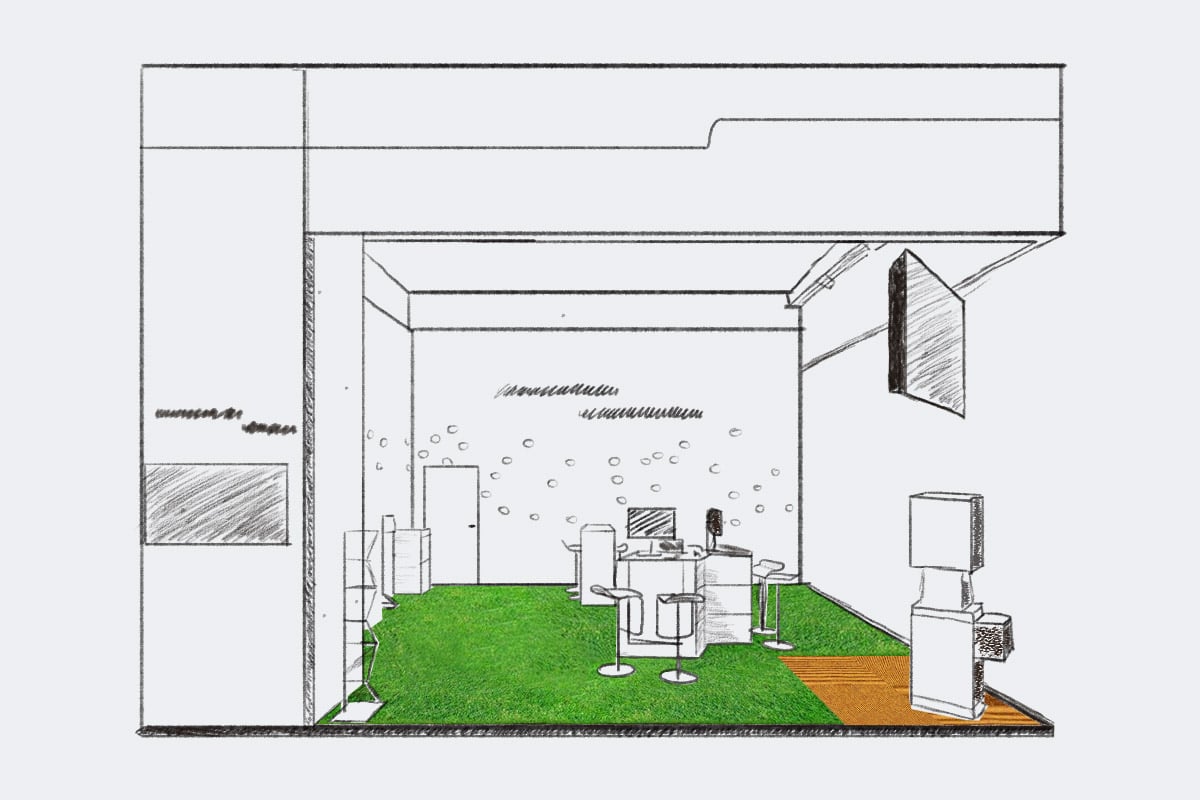
A blooming landscape in the middle of your neighbor's stand. How can that be? Either the exhibition stand floor has been elaborately laminated or the...
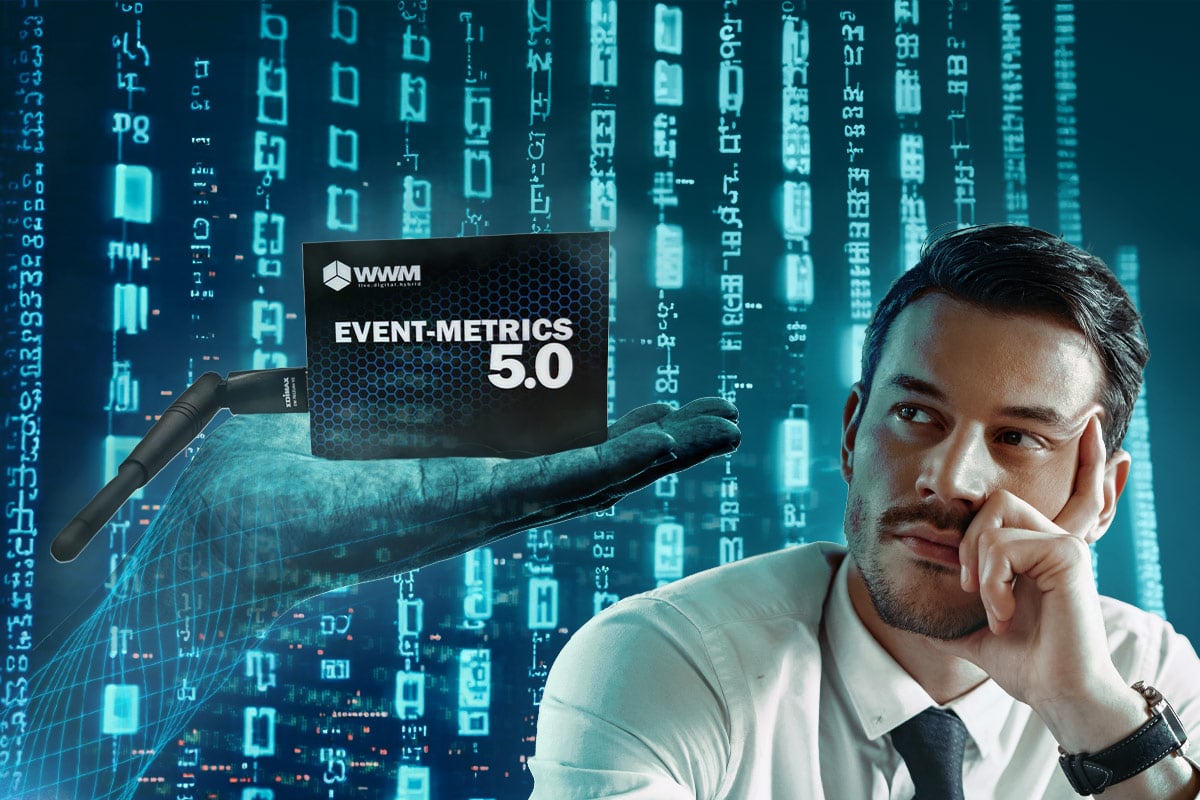
Nowadays, everything is analysed and tracked. The data is collected, analysed and, in the best case scenario, recommendations for action are created...
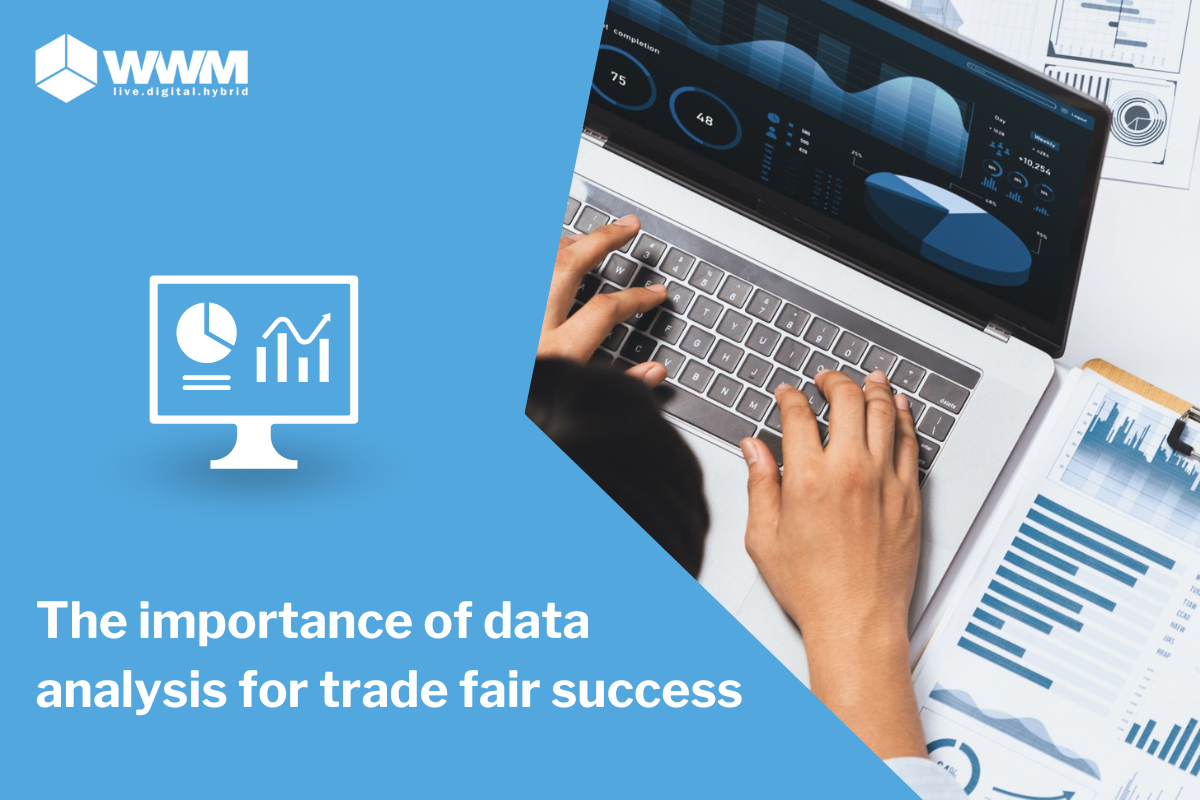
In today's digital era, it is essential to make precise and informed decisions in order to maximize the success of trade fair appearances. Data...